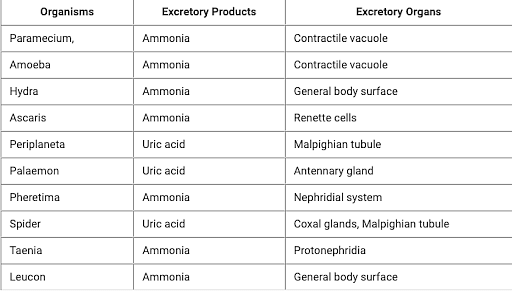What is added to the blood during haemodialysis to prevent blood clotting?
- Haemoglobin
- Haemocyanin
- Heparin
- Thrombin
The Correct Option is C
Approach Solution - 1
Approach Solution -2
Ans: An anticoagulant prevents the formation of clots or the growth of already existing clots. During hemodialysis, the anticoagulant will prevent the coagulation within the machine and also the artificial kidney. It will ensure the smooth flowing of the blood during the process of dialysis, thus an effective removal of the waste product can be achieved. During hemodialysis, the most common anticoagulant used is heparin. It is a natural anticoagulant that prevents the formation of blood clots. The conversion of prothrombin into thrombin is inhibited by heparin. The formation of fibrin is thus prevented, it is the basis of formation of blood clot. The heparin is injected directly into the bloodstream during the process.
- Before the process of hemodialysis, heparin solution is prepared in liquid concentration.
- The heparin will be introduced into the bloodstream through a port or connector, allowing the heparin to mix with the blood as it circulates.
- When the patient's blood comes in the dialyzer, it will come in contact with the heparin, and it will start working.
- The blood is monitored to check the status of coagulation during the entire process.
Top Questions on excretory products and their elimination
- Which of the following is excretory material in birds?
- MHT CET - 2025
- Biology
- excretory products and their elimination
What is the primary function of Bowman’s capsule in nephron?
- MHT CET - 2025
- Biology
- excretory products and their elimination
- Match List I with List II
List I List II A Pons I Provides additional space for Neurons, regulates posture and balance. B Hypothalamus II Controls respiration and gastric secretions. C Medulla III Connects different regions of the brain. D Cerebellum IV Neurosecretory cells
Choose the correct answer from the options given below:- NEET (UG) - 2024
- Biology
- excretory products and their elimination
- Which of the following statements best describes the relationship between the hormones ANF and Angiotensin 2 in terms of their physiological effects on the body?
- MHT CET - 2024
- Biology
- excretory products and their elimination
- Which of the following structures in the kidney is primarily responsible for the reabsorption of water and solutes from the filtrate?
- MHT CET - 2024
- Biology
- excretory products and their elimination
Questions Asked in COMEDK UGET exam
- Given that the freezing point of benzene is $ 5.48^\circ C $ and its $ K_f $ value is $ 5.12^\circ C/m $, what would be the freezing point of a solution of 20 g of propane in 400 g of benzene?
- COMEDK UGET - 2024
- Colligative Properties
200 ml of an aqueous solution contains 3.6 g of Glucose and 1.2 g of Urea maintained at a temperature equal to 27$^{\circ}$C. What is the Osmotic pressure of the solution in atmosphere units?
Given Data R = 0.082 L atm K$^{-1}$ mol$^{-1}$
Molecular Formula: Glucose = C$_6$H$_{12}$O$_6$, Urea = NH$_2$CONH$_2$- COMEDK UGET - 2024
- Colligative Properties
- An inorganic compound W undergoes the following reactions: $ W + \text{Na}_2\text{CO}_3 \xrightarrow{\text{O}_2 / \text{heat}} X + H^+ \xrightarrow{} Y(s) $ $ Y(aq) + \text{KCl} (aq) \xrightarrow{} Z(s) $ Z appears in the form of orange crystals and is used as an oxidising agent in acid medium. Identify the compound W.
- COMEDK UGET - 2024
- coordination compounds
- A current of 3.0 A is passed through 750 ml of 0.45 M solution of CuSO₄ for 2 hours with a current efficiency of 90\%. If the volume of the solution is assumed to remain constant, what would be the final molarity of CuSO₄ solution?
- COMEDK UGET - 2024
- Solutions
- For a reaction $ 5X + Y \to 3Z $, the rate of formation of Z is $ 2.4 \times 10^{-5} \, \text{mol L}^{-1} \text{s}^{-1} $. Calculate the average rate of disappearance of X.
- COMEDK UGET - 2024
- Stoichiometry and Stoichiometric Calculations
Concepts Used:
Excretory products and their elimination
The physiological process of the elimination of metabolic waste from the body is called excretion. The excretory products comprise amino acids, carbon dioxide, urea, uric acid, water, and ammonia. Some of the Molluscs and Echinoderms excrete waste products from the body in the form of amino acids. Ammonia is the foremost excretory product in animals, it is derived from the proteins exists in the food we eat.
Excretory Products in Different Organisms:

Read More: Excretion in Human Beings